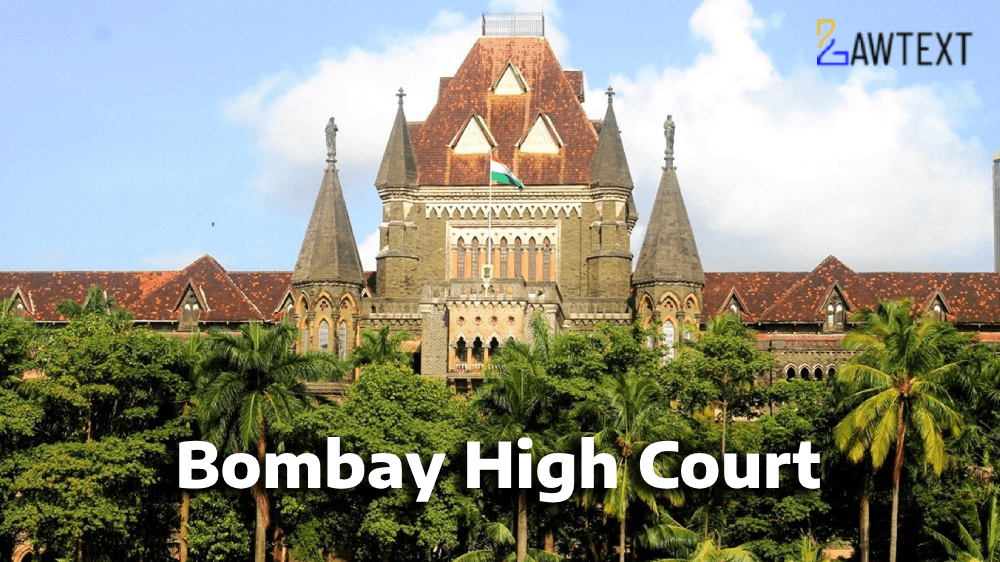High Court Modifies Labour Court Award: Compensation Ordered in Lieu of Reinstatement for Dismissed Employees. Nashik Labour Court's decision on reinstatement overturned, Rs. 25 lakh compensation awarded to dismissed workmen instead.

CASE NOTE & SUMMARY
The High Court partially upheld and modified the Labour Court's Award concerning the reinstatement of two dismissed workmen, Mr. R.R. Kanade and Mr. S.S. Pagar. The Labour Court had directed the reinstatement of the workmen with continuity of service but without backwages. However, the High Court ruled that reinstatement after 20 years was impractical and awarded each workman a lump sum compensation of Rs. 25,00,000 in lieu of reinstatement.
Background:
- Incident and Misconduct: The case involved an incident on 29 September 2002, where the two workmen, along with others, were accused of instigating a mob after a colleague's death at the Petitioner company's Nashik factory. The Petitioner alleged that the two workmen played a significant role in escalating the situation, including the assault of a senior manager, Mr. S.B. Deshpande.
- Domestic Enquiry: Following the incident, a domestic enquiry found the two workmen guilty of misconduct, leading to their dismissal on 20 January 2003.
Labour Court Proceedings:
- Part-I Award: In 2018, the Labour Court declared that the enquiry was fair and proper, and the findings were not perverse. However, in its final Award on 13 December 2023, the Labour Court concluded that the dismissal amounted to victimization and was disproportionate, thus ordering reinstatement without backwages.
High Court Judgment:
- Petitioner's Appeal: The Petitioner challenged the Labour Court's decision, arguing that the misconduct was proven and reinstatement was not justified, especially when other similarly involved workmen were merely compensated.
- High Court's Decision: The High Court noted the prolonged litigation and the impracticality of reinstatement after 20 years. It modified the Labour Court's order, directing the Petitioner to pay Rs. 25,00,000 as lump sum compensation to each of the two workmen in lieu of reinstatement, while denying any further service or retirement benefits.
Conclusion:
- The High Court's decision balances the interests of justice by compensating the dismissed workmen while avoiding the complexities of reinstatement after such a long duration. The judgment highlights the Court's consideration of fairness and practicality in resolving long-standing industrial disputes.
ISSUE OF CONSIDERATION
BOSCH LIMITED Versus BOSCH EMPLOYEES UNION
Citation: 2024 LawText (BOM) (7) 292
Case Number: WRIT PETITION NO. 5721 OF 2024
Date of Decision: 2024-07-29
Case Title: BOSCH LIMITED Versus BOSCH EMPLOYEES UNION
Before Judge: SANDEEP V. MARNE, J.
Advocate(s): Mr. Kiran Bapat, Senior Advocate i/by. Mr. Rahul Oak, for the Petitioner. Mr. Suresh S. Pakale, Senior Advocate a/w. Mr. Nilesh Desai, for the Respondent.
Appellant: BOSCH LIMITED
Respondent: BOSCH EMPLOYEES UNION

